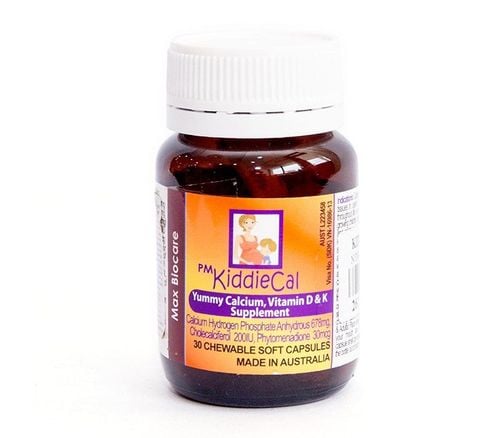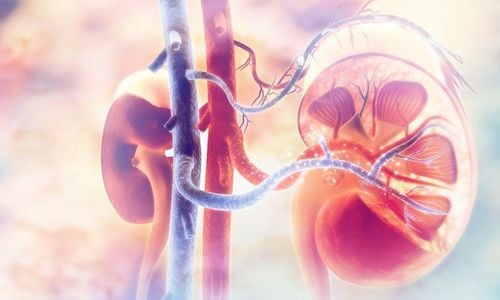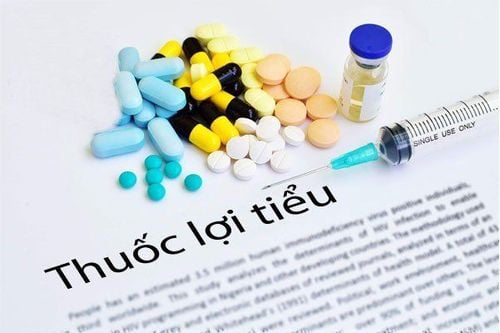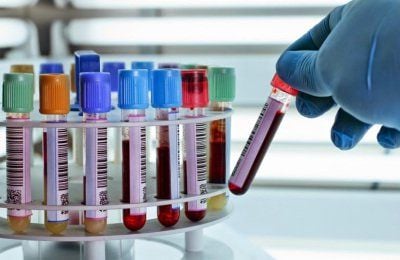This is an automatically translated article.
Phosphorus normally exists in the body as phosphate. This is a very important mineral, helping to make up the skeletal system and is a fundamental factor in the transport and metabolism of energy in cells. Excessive reduction of phosphorus in the blood will cause hypophosphataemia, causing weakness, muscle weakness, and even rhabdomyolysis.
1. Phosphorus metabolism in the body
Phosphate (the form of phosphorus in the body) accounts for 1% of the total body weight. More than 80% of phosphate is in bones and teeth, about 10% is involved in organic complexes and the remaining 10% is bound to proteins, lipids, carbonate compounds and other complexes of muscle and blood.
Phosphate mainly exists in the inorganic form in the blood and accounts for only a very small part (< 0.2% of the total phosphate in the body) the rest is organic phosphate (negatively charged ion) in the blood. cells are predominant.
The whole process of phosphorus metabolism in the body is regulated mainly by inorganic phosphate. This amount of inorganic phosphate will determine the extent of phosphorus absorption in the intestine, the degree of phosphorus excretion by the kidneys and the reciprocal transport of phosphorus through intracellular and extracellular compartments.
2.Factors affecting phosphorus absorption

Hormon tuyến cận giáp
Active vitamin D has the effect of increasing the absorption of phosphorus in the intestine. Increased secretion of parathyroid hormone (PTH) will increase the release of phosphate from bone and inhibit the process of phosphate reabsorption in the proximal tubule of the kidney, hypophosphatemia and decrease phosphate stores in bone. Growth hormone (GH) has the exact opposite effect of parathyroid hormone (PTH). The phenomenon of increased fluid volume in the body, use of corticosteroids, patients with functional disorders in the proximal tubule (Fanconi syndrome or many other diseases) will reduce the process of phosphate reabsorption in the proximal tubule. . Phosphate capture by cells in the body is stimulated by many factors such as: alkalinization of the blood, insulin hormones, epinephrine, nutrition, ossification syndrome and cell hyperplasia. Phosphorus metabolism and balance in the human body is also closely related to calcium metabolism.
3.Causes of hypophosphataemia
Chronic alcohol poisoning Fasting, reduced phosphorus supply. Malabsorption syndrome or small bowel shunting. Primary or secondary hyperparathyroidism Hyperthyroidism. Insufficient phosphorus parenteral nutrition Use of phosphate-binding gastric acid-acids Metabolic or respiratory alkalosis Untreated diabetes Diabetic acidosis Inhibition of phosphate absorption due to oral bicarbonate or hydroxide aluminum
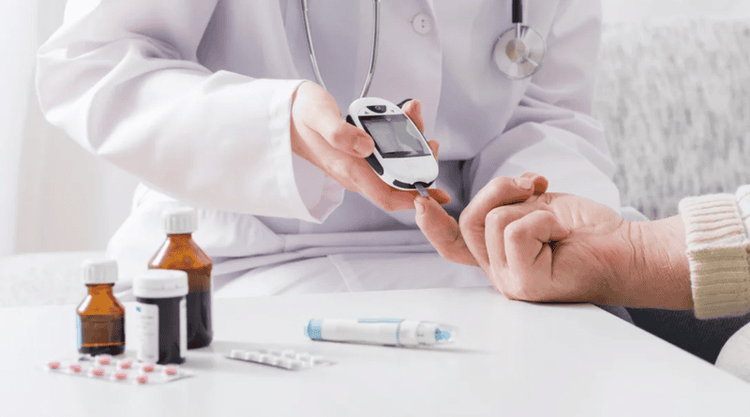
Bệnh nhân đái tháo đường không điều trị được có thể làm hạ phospho máu
Use of drugs to increase urinary phosphate excretion: diuretics, theophylline, bronchodilators, corticosteroids Renal tubular disease increases phosphate excretion Renal disease hypokalemia. Patients with severe burns Osteoporosis due to malignancies Salicylate poisoning Hypercalcemia, hypomagnesaemia In emergency resuscitation, hypophosphataemia is often thought of in the following cases: nutrition for a long-term serious illness , patients with chronic digestive diseases, patients using anti-acid drugs.
4. Manifestations and harms of hypophosphataemia
Phosphate in the blood decreases (<10 mg/L), the affinity of red blood cells for oxygen increases due to a decrease in the 2,3-diphospho-glycerate enzyme, leading to a decrease in oxygen supply to the tissues, decreased metabolism in cells. cells, leading to harmful effects of hypophosphataemia such as weakness, myasthenia gravis, rhabdomyolysis.
When severe, acute hypophosphataemia (1-2 mg/L) can lead to acute hemolysis due to fragile red blood cells, infections due to decreased leukocyte chemotaxis, bleeding due to platelet disorders. Rhabdomyolysis (causing increased serum creatine kinase activity), encephalopathy (patients excitability, confusion, speech disturbances, convulsions, coma) and heart failure are uncommon but very significant manifestations. heavy.
Patients with chronic hypophosphatemia may present with anorexia, muscle pain, bone pain, bone fractures, in many cases may experience hemoglobinuria
5.Treatment of hypophosphataemia
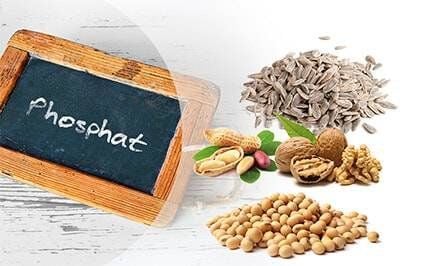
Hãy bổ sung phosphat và duy trì lượng dịch để phòng ngừa hạ phospho máu
The best management is prevention with phosphate supplementation and fluid maintenance. If rapid infusion of phosphate will cause hypocalcaemia, oral supplementation should be given when the patient is receiving parenteral nutrition.
The amount of phosphorus to be added is 620mg (20mmol) of elemental phosphorus per 1000kcal to maintain phosphate balance and ensure functions. The daily dose of phosphate required for prolonged infusion is 620-1240 mg (20-40 mmol). When hypophosphataemia is asymptomatic (7-10 mg/L), 279-310 mg (9-10 mmol) should be infused every 12 hours until blood phosphate levels rise above > 10 mg/L. It is necessary to closely monitor blood phosphate and urinary phosphate levels. If hypomagnesemia occurs, treatment is required. Closely monitor serum creatinine and blood calcium levels to prevent hypocalcemia.
For oral treatment, phosphate-containing skim milk can be used (33 mmol or 1g/liter of milk). Use coated tablets or capsules with added sodium and potassium ions for a daily supplement of 0.5-1g (18-32 mmol).
Contraindicated to use phosphate salts in case of hypoparathyroidism, renal failure, tissue damage or necrosis, hyperkalemia. When treating hyperglycemia, the phenomenon of phosphate accompanying sugar molecules into the cells can lead to hypophosphatemia.
Vinmec International General Hospital is a high-quality medical facility in Vietnam with a team of highly qualified medical professionals, well-trained, domestic and foreign, and experienced.
A system of modern and advanced medical equipment, possessing many of the best machines in the world, helping to detect many difficult and dangerous diseases in a short time, supporting the diagnosis and treatment of doctors the most effective. The hospital space is designed according to 5-star hotel standards, giving patients comfort, friendliness and peace of mind.
Please dial HOTLINE for more information or register for an appointment HERE. Download MyVinmec app to make appointments faster and to manage your bookings easily.




